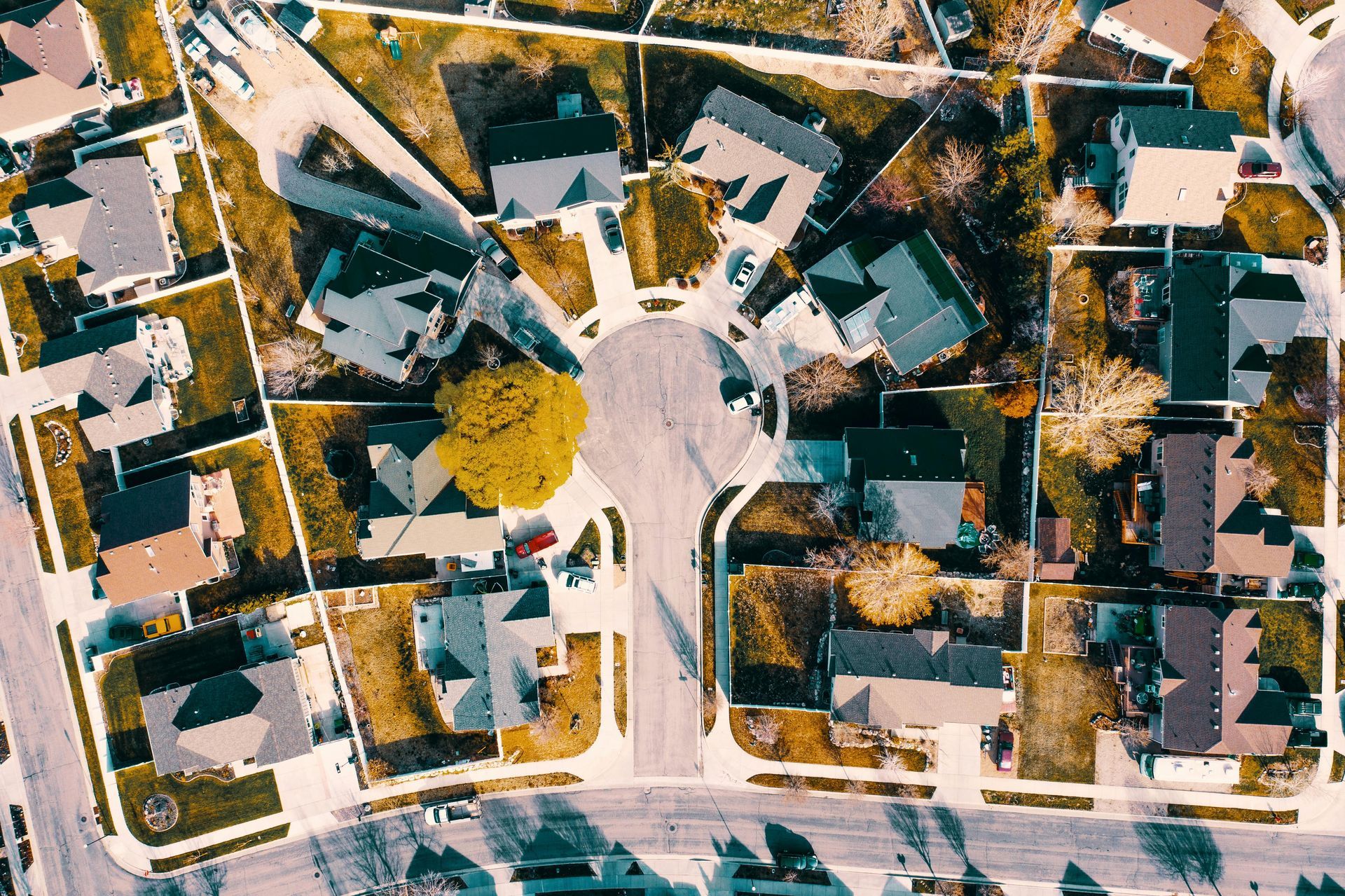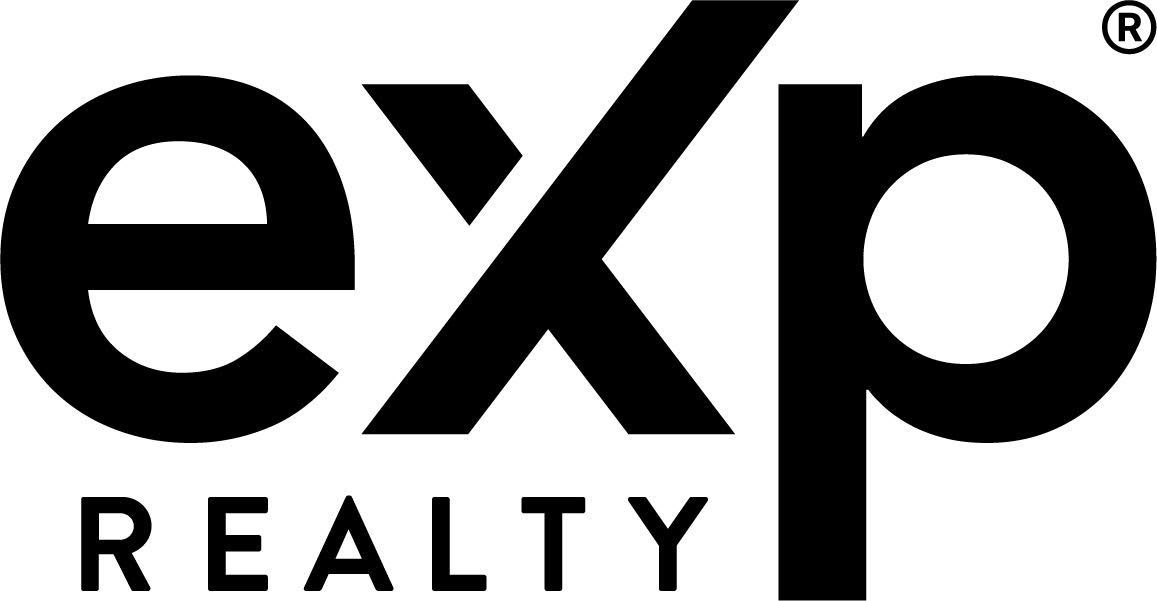The Pros and Cons of Buying New Construction Homes in Colorado
New construction homes have become increasingly popular across Colorado, especially in fast-growing areas like Windsor, Timnath, Johnstown, and Fort Collins. While the appeal of a brand-new, move-in-ready home is strong, there are important factors to weigh before signing on the dotted line. In this post, we’ll break down the pros and cons of buying a new construction home—and how Big Seth, a certified New Home Co-Broker, can help you navigate the process with confidence.

Pros of Buying New Construction
1. Move-In Ready with Modern Features
New homes come with the latest layouts, energy-efficient appliances, smart tech, and contemporary design—no need for costly updates or repairs.
2. Customization Options
Depending on the stage of construction, you may be able to choose finishes, flooring, cabinets, and even layout changes to fit your personal style and needs.
3. Energy Efficiency
New homes are built to modern energy codes, meaning better insulation, windows, HVAC systems, and overall lower utility bills.
4. Builder Warranties
Most builders offer warranties covering structure, systems, and materials—giving you peace of mind for years after moving in.
5. Low Maintenance Costs
Everything is brand new, so you’re less likely to face repair costs in the first few years, unlike resale homes that may need roof, plumbing, or HVAC work.
6. Growing Communities
Many new builds are in master-planned communities with parks, schools, trails, and community amenities designed for lifestyle and growth.
Cons of Buying New Construction
1. Higher Upfront Costs
New homes typically come with a premium price, and upgrades or lot premiums can quickly add up.
2. Longer Wait Times
If the home isn’t already built, you may have to wait 6–12 months—or more—before moving in, depending on construction timelines and weather.
3. Limited Negotiation on Price
Builders often stick to fixed pricing structures, meaning there’s usually less room to negotiate compared to buying a resale home.
4. Additional Costs for Landscaping and Appliances
Base models might not include a finished yard, fencing, or even certain appliances. These add-ons can surprise buyers if they aren’t accounted for upfront.
5. Less Mature Neighborhoods
New developments may lack mature trees, nearby schools, or established infrastructure early on. Construction noise and dust can also be ongoing for a while.
6. Builder Contracts Can Be Complex
Builder contracts are different from standard real estate forms and often favor the builder. This is where an experienced advocate like Big Seth becomes essential.
Why Work with Big Seth on New Builds
Big Seth is a certified New Home Co-Broker, meaning he understands the builder process inside and out. He helps you evaluate communities, understand what’s included in the base price, navigate upgrade options, and—most importantly—advocate for your best interests in a builder-controlled environment. From contract to closing, Big Seth ensures you don’t miss a detail.
Conclusion
New construction homes in Colorado offer comfort, customization, and energy efficiency—but they also come with their own set of challenges. By understanding the pros and cons upfront and working with a knowledgeable guide like Big Seth, you can make a confident, informed decision that fits your needs and your budget.
House Buying & Selling Tips




